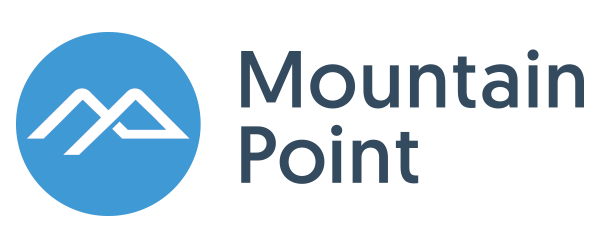Ever wonder what one seemingly tiny change in your Salesforce organization could impact? Unfortunately, finding the answer isn’t always so simple. However, with Sonar, companies can gain valuable insight into their metadata to establish relationships visually.
For example, say you search Sonar for Contact, your results will include all fields related to the Contact record, related objects and any related automation. While viewing these results, both labels and API names are available, depending on user preference.
Another useful feature is the ability to tag fields, processes, etc., so you can group or classify seemingly unrelated pieces of data together and so you can trigger notifications if any of the tagged items are changed. A use case of this may be tagging anything in your Salesforce organization related to a specific integration for real-time data monitoring.
Upon logging in to Sonar, you will also see a dashboard showing counts of your fields, workflows, validation rules, flows, API calls, etc. related to standard objects, and the date the information was last updated along with the delta from the prior run.
By leveraging Sonar, users can quickly assess what impact a proposed change to their Salesforce organization might have beforehand, instead of scrambling after the fact to undo a change with unintended consequences.
Whether you are considering implementing a new instance of Salesforce for your business or you are considering managing or adding to an existing implementation, Mountain Point has a team of consultants backed with powerful tools such as Sonar that can help with digital transformation. Contact us today to learn more.






